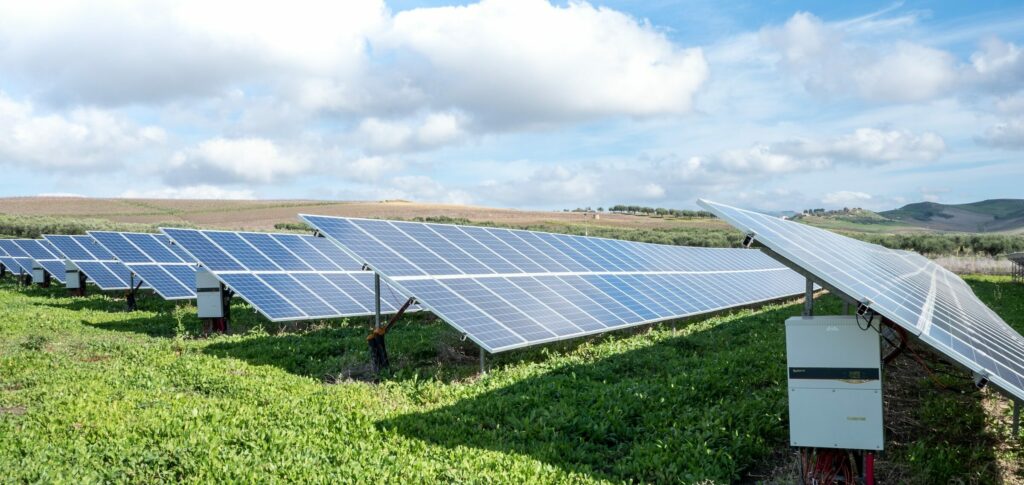🍃 The world is on the brink of 'disastrous' climate tipping points, says study
The climate crisis has brought the world to the brink of several “disastrous” tipping points, according to one study published last weeksystem. (Science 🇬🇧)
ADVERTISING
A climate tipping point (CTPs) is when a temperature threshold is exceeded, leading to an uncontainable change in a climate system, even if the global warming term.
The analysis shows that 5 dangerous tipping points may already have been passed due to global warming of 1,1°C – caused by humanity to date.
The triggering of CTPs leads to significant and relevant impacts, including the collapse of the Greenland ice sheet, eventually producing enormous sea level rise; the collapse of a key current in the North Atlantic, cutting off the rain that billions of people depend on for food, and an abrupt melting of the permafrost – the soil that spends all year frozen and that covers 25% of the land surface in the Northern Hemisphere, especially in Russia, Canada and Alaska – rich in carbon.
ADVERTISING
With 1,5°C of warming – the minimum increase now expected – 4 of the 5 inflection points move from possible to probable, according to the analysis. Also at 1,5°C, 5 more tipping points become possible, including the loss of almost all mountain glaciers.
Professor Johan Rockström, who was part of the study team, said that “the world is heading towards 2-3ºC of global warming”system. (The Guardian*)
The analysis took into account more than 200 previous tipping point studies, climate observations and modeling studies.
ADVERTISING
☘️ Decarbonizing energy will save US$12 trillion by 2050, says Oxford
A new study – released this Tuesday (13) and led by the University of Oxford, in the United Kingdom – shows that the energy transition to renewable sources would lead to savings estimated at 12 trillion dollars globally.
The main conclusions of this research, published in joule magazine (*), include:
- A rapid transition to clean energy is cheaper than a slow transition or no transition;
- The idea that decarbonization will be expensive is “simply wrong”.
- The costs of green technology have fallen significantly over the past decade and are likely to fall further;
- Achieving a net-zero carbon energy system by 2050 is possible and economically advantageous.
There is already a consensus that the clean energy is as economical as it is a climate solution, and this should be one of the main themes of the next United Nations Conference on Climate Change (COP27), in November, in Egypt.
ADVERTISING
🌱 Initiative aims to reduce deforestation in the Cerrado
A Cerrado Network – organization made up of more than 50 civil society entities, which works to combat socio-environmental threats that affect the Cerrado and fights for its conservation – launched a letter to the European Union (EU) with the aim of including the biome in the regulation that requires zero deforestation for the import of agricultural products.
watch Letter from the Peoples of the Cerrado and access the official page of Rede Cerrado to learn more about the initiative:
Curto curation:
- In Brazil's defeat, Europe gives the green light to environmental sanctions (UOL)
- Itamaraty warns EU to 'limit' environmental demands (Valor Econômico)🚥
🌳 The impact of agriculture on deforestation
A Agricultural expansion is the main cause of tropical deforestation and therefore a key driver of greenhouse gas emissions, loss of biodiversity and degradation of vital ecosystem services.
ADVERTISING
Although the majority (90 to 99%) of deforestation in the tropics from 2011 to 2015 was driven by agriculture, only 45 to 65% of deforested land became productive in a few years.
Furthermore, the majority – approximately 3/4 – of the expansion of agriculture into forests is driven by domestic demand in producing countries, especially for beef and cereals, including much of the deforestation across the African continent.
These are some of the conclusions of an analysis (🇬🇧) that attempted to measure the impact of agriculture on deforestation, published last week in the journal Science.
O Curto Verde is a daily summary of what you need to know about the environment, sustainability and other topics linked to our survival and that of the planet.
(🚥): may require registration and/or signature
(🇬🇧): content in English
(*): content in other languages is translated by Google Tradutor




